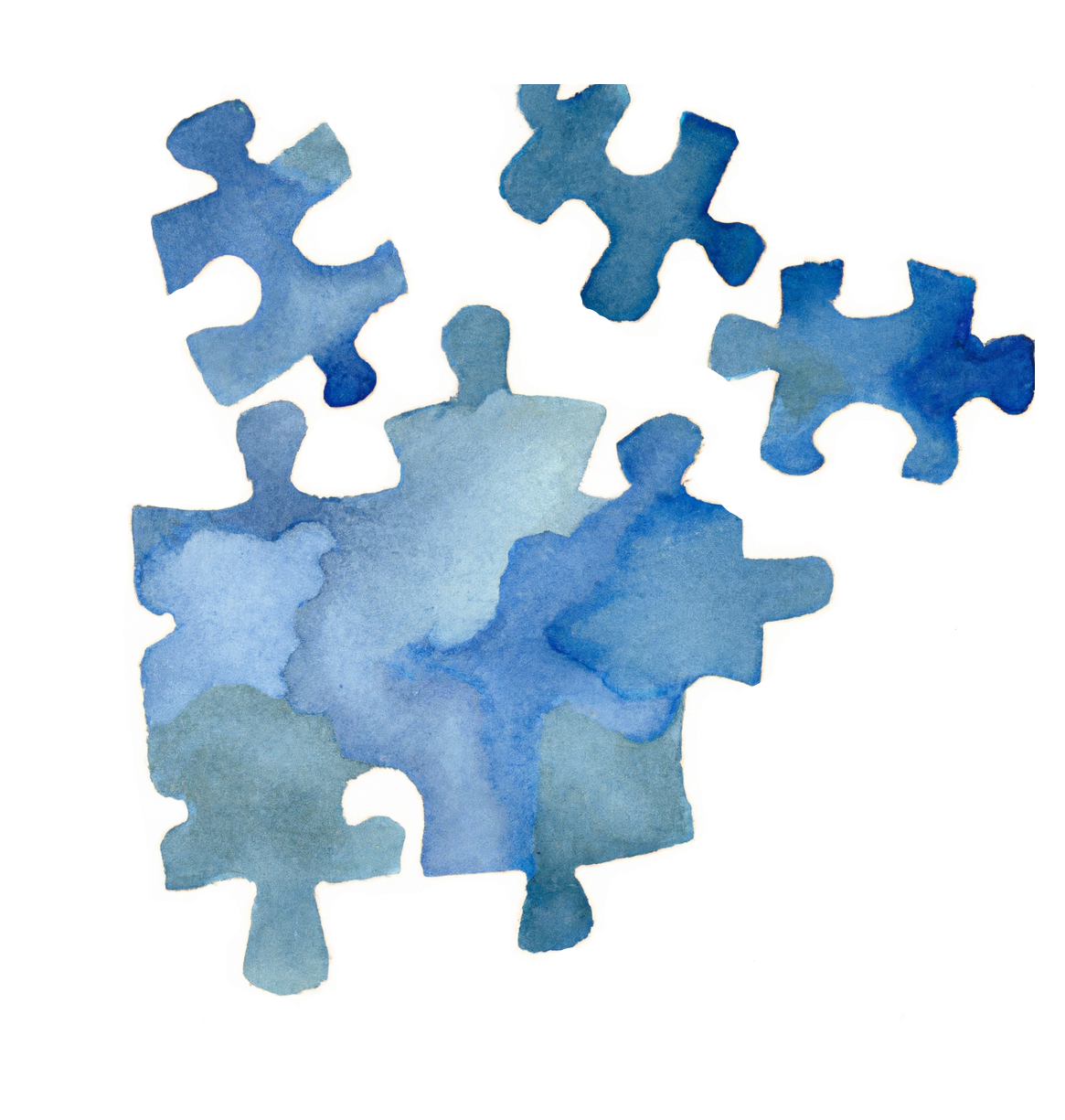Services
Autism Spectrum Disorder
MyWellbrook Health Psychiatry provides in-person assessments for Autism Spectrum Disorder. Book a consultation via telehealth.
What is Autism Spectrum Disorder?
Autism spectrum disorder (ASD) is a developmental disorder that affects social interaction, communication, and behavior. The term "spectrum" is used because the symptoms of autism can vary widely in severity and presentation.
Some of the common symptoms of ASD include difficulty with social interactions and communication, including trouble understanding social cues, difficulties with verbal and nonverbal communication, and difficulty making and maintaining relationships.
Other symptoms of ASD can include repetitive behaviors or routines, a strong preference for routine and sameness, an intense focus on certain interests, and sensory sensitivities.
The onset of symptoms usually occurs in early childhood, often becoming apparent by age two or three. The severity and presentation of symptoms can vary widely, from mild to severe.
The exact cause of autism spectrum disorder is not fully understood, but it is thought to be a combination of genetic and environmental factors. While there is no cure for ASD, early intervention and treatment can help individuals with ASD lead fulfilling and productive lives. Treatment options may include therapies that focus on developing communication and social skills, as well as interventions that address challenging behaviors and sensory sensitivities.
How is Autism Diagnosed?
Autism spectrum disorder (ASD) is typically diagnosed by a team of medical and mental health professionals, including a pediatrician or psychiatrist, a psychologist, and a speech-language pathologist. The diagnostic process can vary depending on the age of the individual being evaluated, but typically involves the following steps:
Developmental Screening: The doctor or pediatrician may conduct a developmental screening at regular checkups to assess for any developmental delays or behavioral issues. This may include using standardized screening tools to identify potential areas of concern.
Diagnostic Evaluation: If there are concerns about ASD, the individual will undergo a comprehensive diagnostic evaluation. This evaluation will typically include a detailed medical history, a physical examination, and a series of standardized tests to assess social, communication, and behavioral skills.
Autism Diagnostic Interview-Revised (ADI-R): A diagnostic interview is typically conducted with parents or caregivers to gather information about the individual's symptoms and behaviors. The ADI-R is a standardized interview that is commonly used to gather this information.
Autism Diagnostic Observation Schedule (ADOS): The ADOS is a standardized observational assessment that is used to evaluate social interaction, communication, and play skills. This assessment is typically administered by a trained professional.
Other Assessments: Additional assessments may be conducted to evaluate cognitive and language skills, as well as any medical conditions that may be contributing to the individual's symptoms.
It's important to note that the diagnostic process for ASD can be complex, and it's important to work with experienced professionals to ensure an accurate diagnosis. Early intervention and treatment can make a significant difference in the long-term outcomes for individuals with ASD.
How is Autism Treated?
There is no known cure for autism spectrum disorder (ASD), but there are several interventions and therapies that can help manage symptoms and improve quality of life for individuals with ASD. Treatment plans are usually tailored to the individual's specific symptoms and needs.
Here are some common treatments and interventions for ASD:
Applied Behavior Analysis (ABA): ABA is a structured behavioral intervention that focuses on teaching new skills and improving behavior through positive reinforcement.
Speech-Language Therapy: Speech-language therapy can help individuals with ASD improve communication skills, including verbal and nonverbal communication.
Occupational Therapy: Occupational therapy can help individuals with ASD develop self-care and life skills, such as dressing, feeding, and other daily living activities.
Social Skills Training: Social skills training can help individuals with ASD learn how to interact with others, read social cues, and build relationships.
Cognitive Behavioral Therapy (CBT): CBT can be helpful for individuals with ASD who experience anxiety or other emotional or behavioral issues.
Medication: Medication may be prescribed to manage certain symptoms of ASD, such as anxiety or hyperactivity.
Sensory Integration Therapy: Sensory integration therapy can help individuals with ASD who have sensory sensitivities, such as difficulty with touch, sound, or light.
It's important to note that not all interventions and therapies work for everyone, and treatment plans may need to be adjusted over time. Early intervention and ongoing support can make a significant difference in the long-term outcomes for individuals with ASD.


